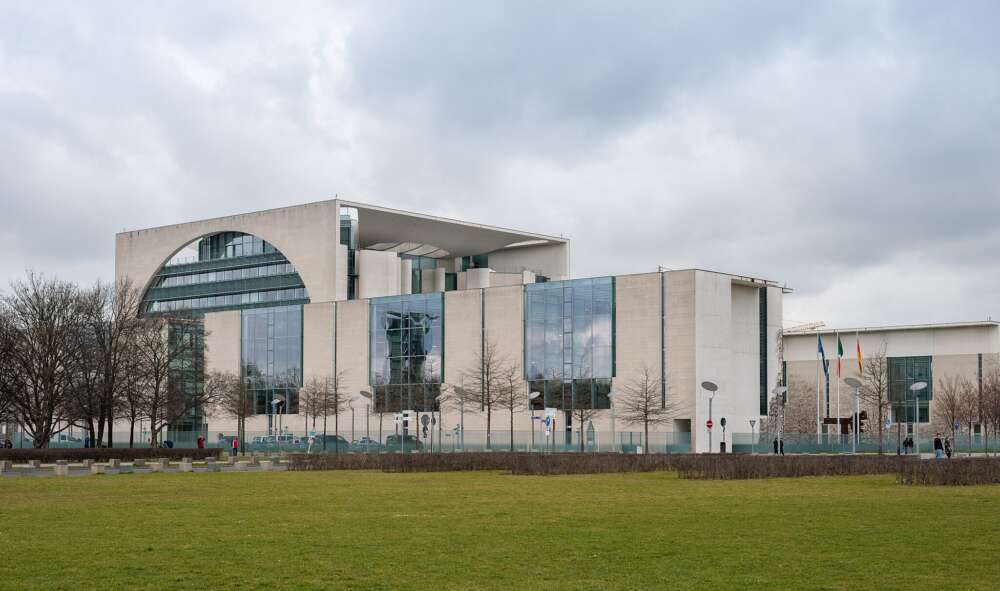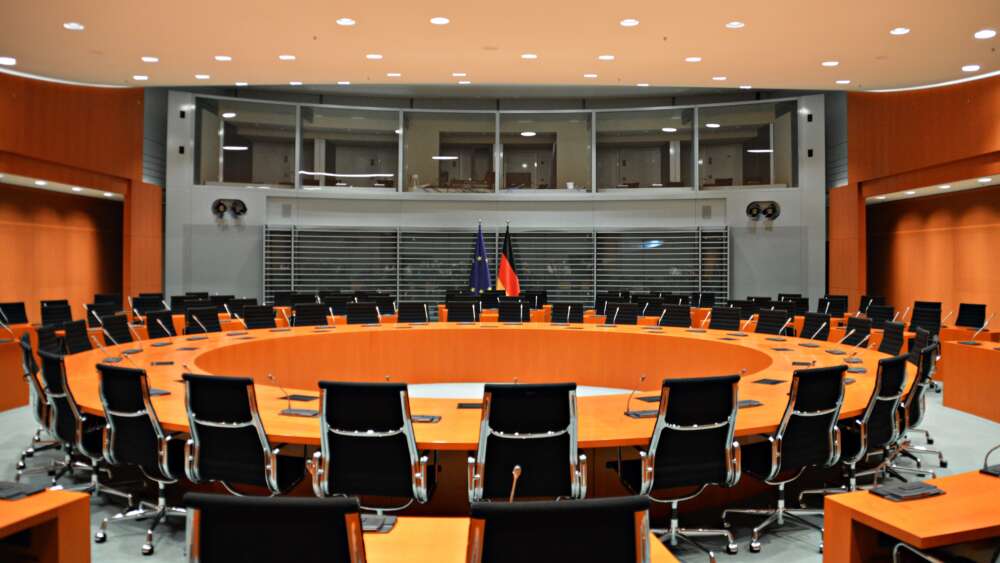Germany’s National Security Council Must Be Futures-Literate

Germany has finally established a national security council, a new “hub for collective political decision-making,” as announced by Chancellor Friedrich Merz in January 2025. How should this new institution be structured for it to turn German security policy around, and make it truly strategic?
The basis for the new council is the country’s former federal security council (which previously dealt exclusively with arms exports). Now, new rules of procedures and responsibilities for all relevant matters of national security will be complemented by a security council unit in the Federal Chancellery. This represents a step toward greater professionalism compared to the previous security cabinet, in which a select group of ministers met on an ad hoc basis, discussing urgent challenges like Russia’s invasion of Ukraine or the Middle East after October 7, 2023.
Constitutional powers will remain unchanged; only the cabinet as a whole – not the new security council – can make binding decisions. Even still, certain partners in the German coalition government, such as the Social Democrats-led defense and economic cooperation ministries, may be unhappy if the council takes on issues that their ministries would have preferred to address independently.
Rather than settling for the lowest common denominator, the new council must prove that it can be more than the sum of its parts. The council’s staff must close the painfully large gaps between analysis, strategy formulation and decision-making within German government structures. It will need to coordinate and provide high-quality, integrated situational assessments of a diverse set of political challenges – a major break from the past, where each minister came to the decision-making table with their own assessments. The council staff must also prepare better decisions by making the council futures-literate – through developing, calculating and presenting comprehensive assessments of possible future developments, options for policy action in different scenarios and thorough assessments of policy effects in the future.
To keep political leaders from turning a blind eye to dangers they may deem uncomfortable to deal with (past examples include the Taliban retaking Kabul or a full-scale Russian invasion of Ukraine) and to help them address issues important in the long term rather than just matters urgent right now, the council needs a clear vision of Germany’s future. Central to this vision will be the development of a security strategy with clear priorities, derived from a comprehensive, methodologically sound and open threat assessment made by government institutions and with input from global partners, designed to offset the biases and blind spots of a purely political vision. Such a public strategy can also help legitimize investments in security in the eyes of the population.
To help maneuver Germany into a strategic position within the broader competition of global systems, the council must present not just politically convenient but strategically necessary assessments. The incentive structures for this must come from the very top: from Chancellor Merz himself. In this way, the federal government can become more futures-literate. Citizens, journalists, and think tankers can help, too; they should be asking critical questions about long-term resilience, rather than sensationalizing scenario planning and crisis exercises.
Many in German politics and bureaucracy believe that putting the right people, with sufficient crisis management experience, in charge will be sufficient to set Germany up for success. But this won’t be enough. The Chancellor and his team must overcome these long-held beliefs, earn the ministries’ trust, and set the right incentives. Only then will the new council truly provide the necessary strategic foresight.
This commentary was first published in German on September 4, 2025, by the Association of Reservists in Germany.







